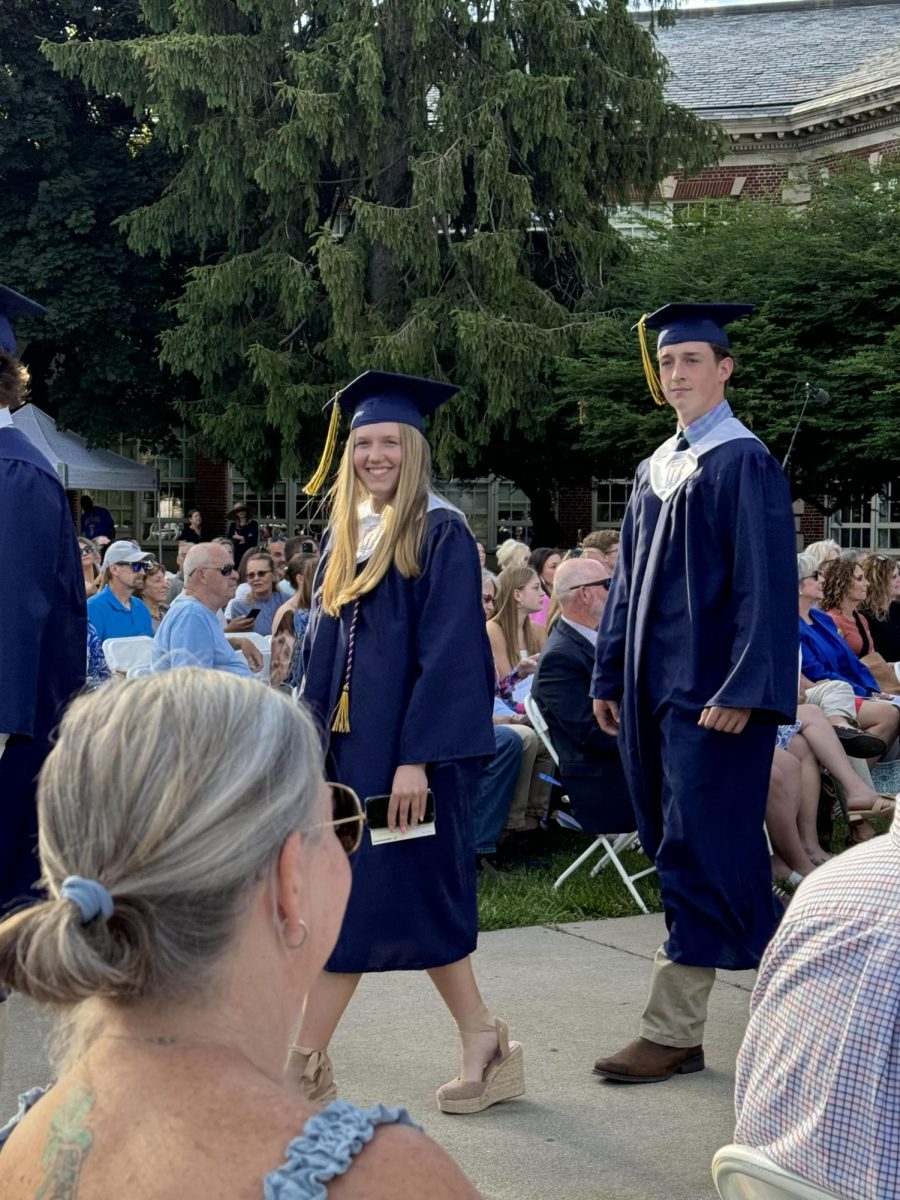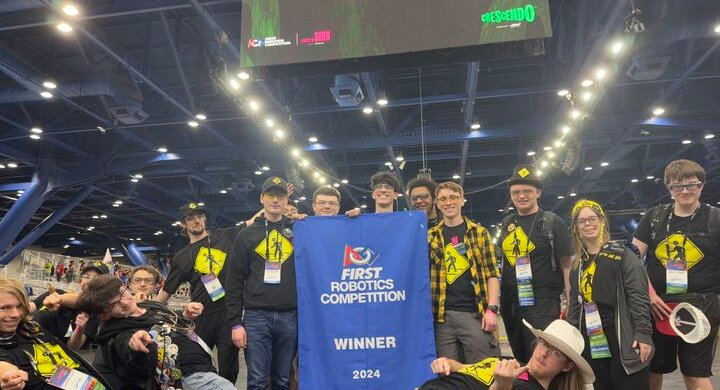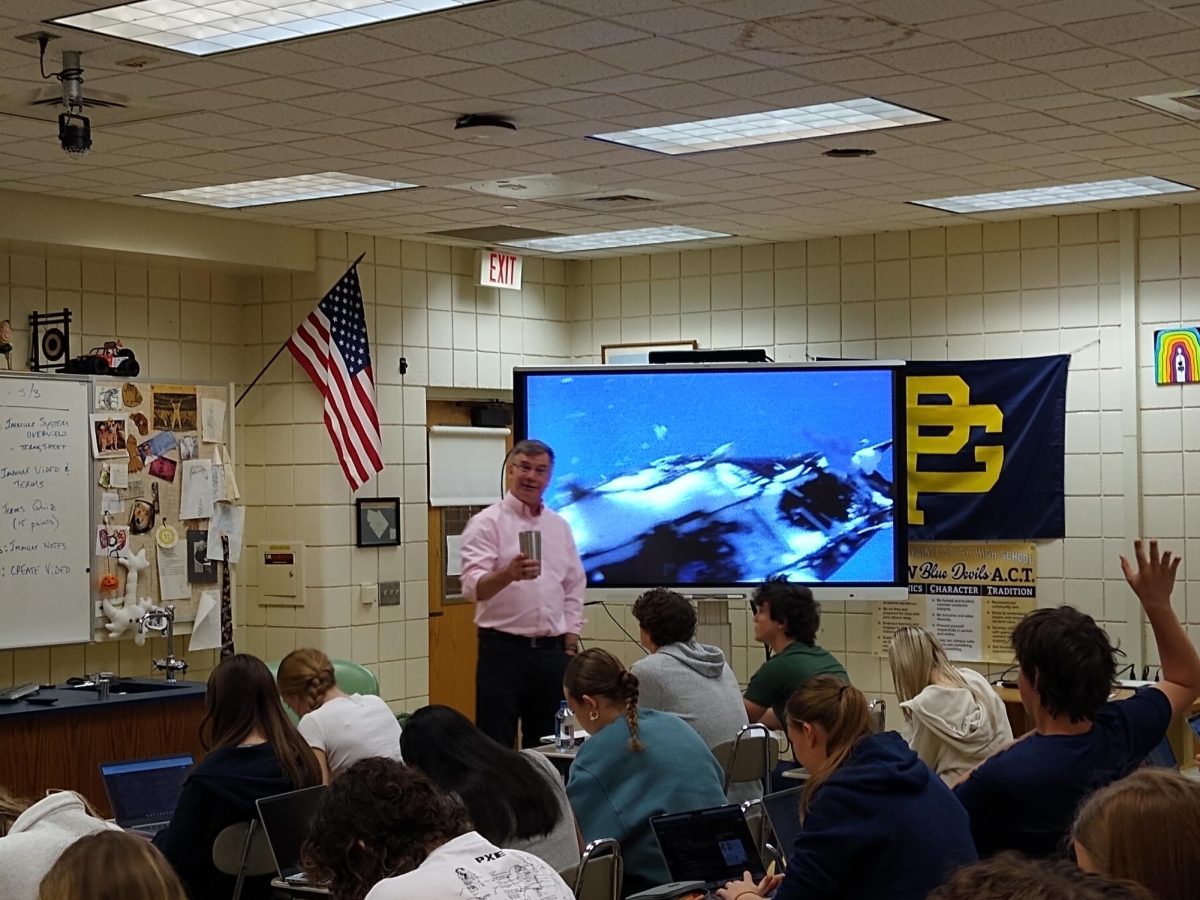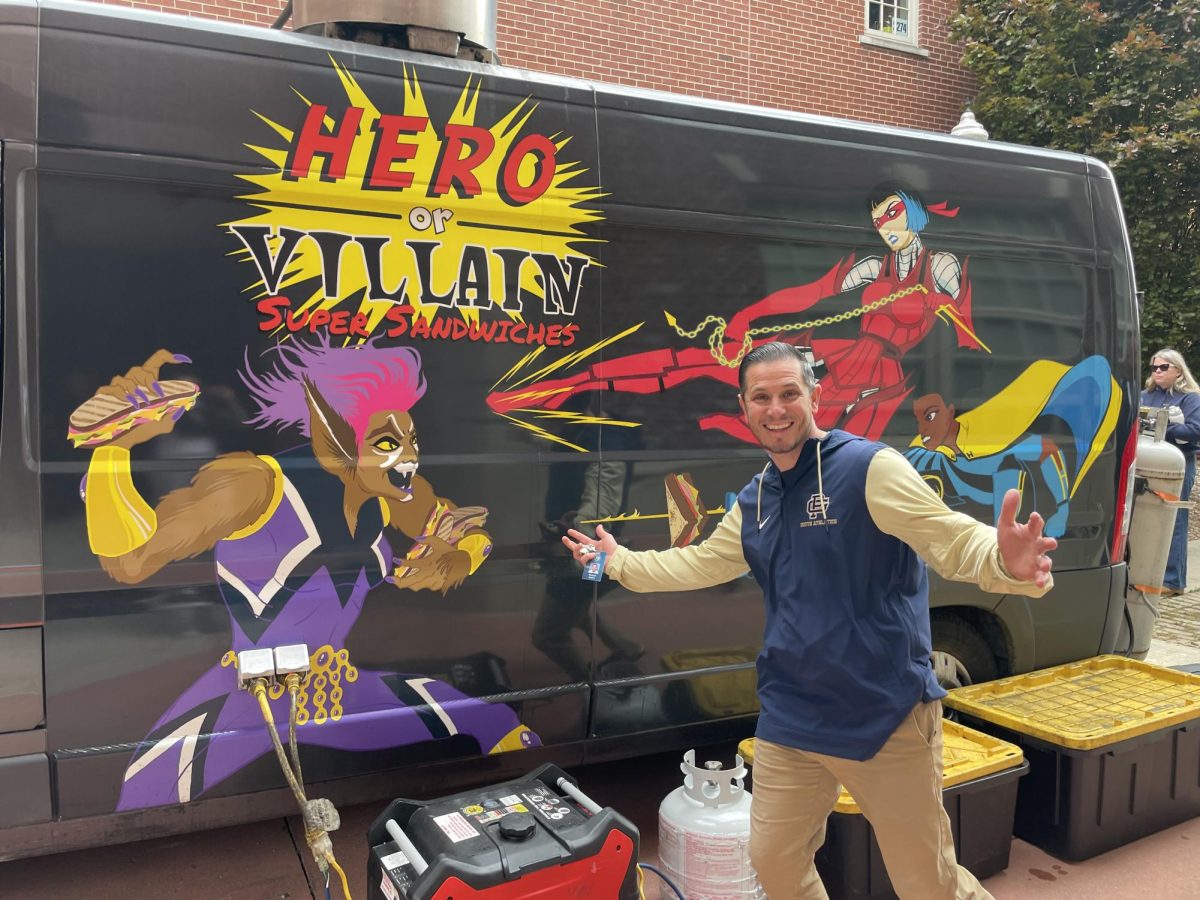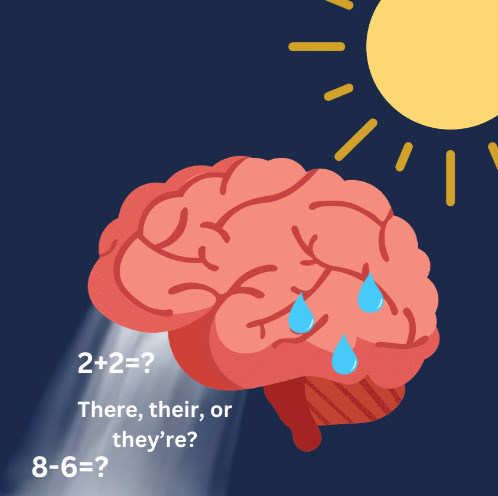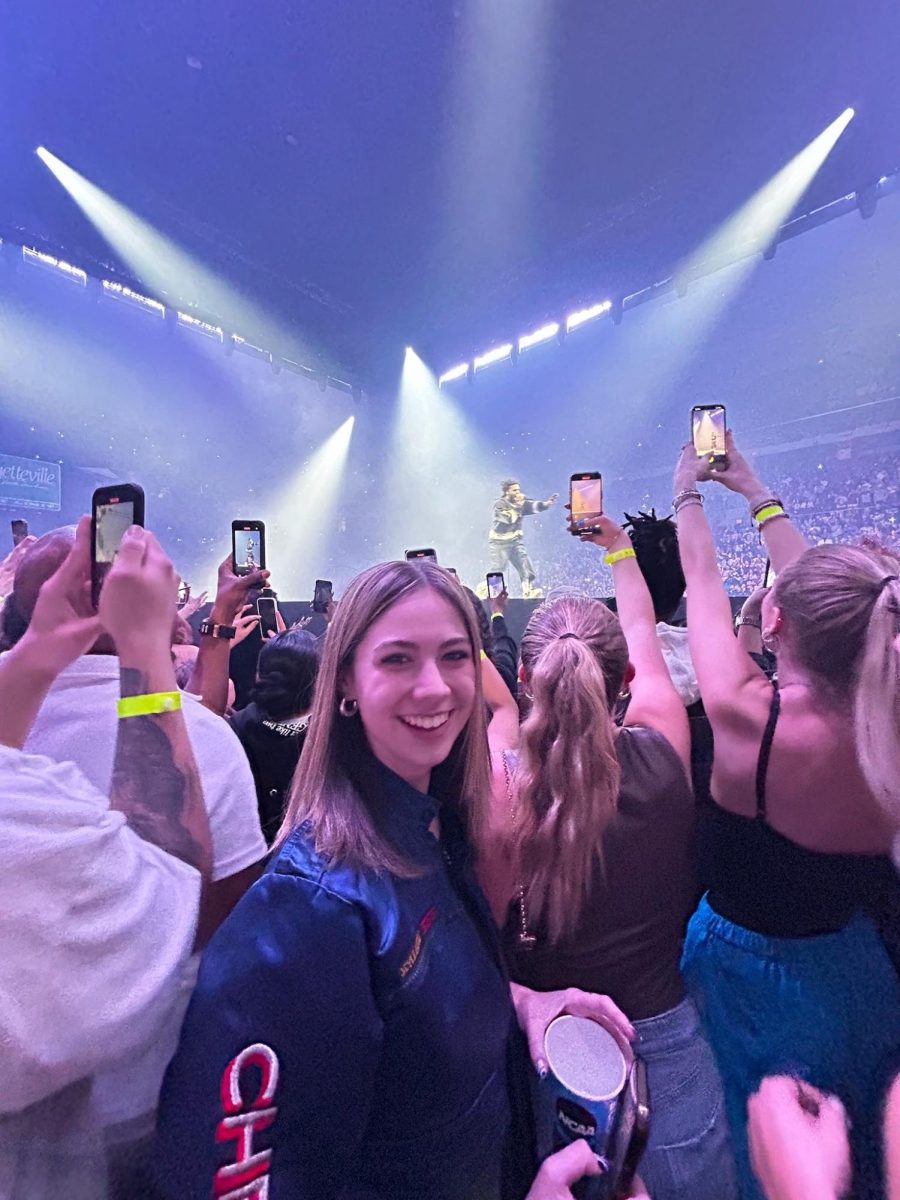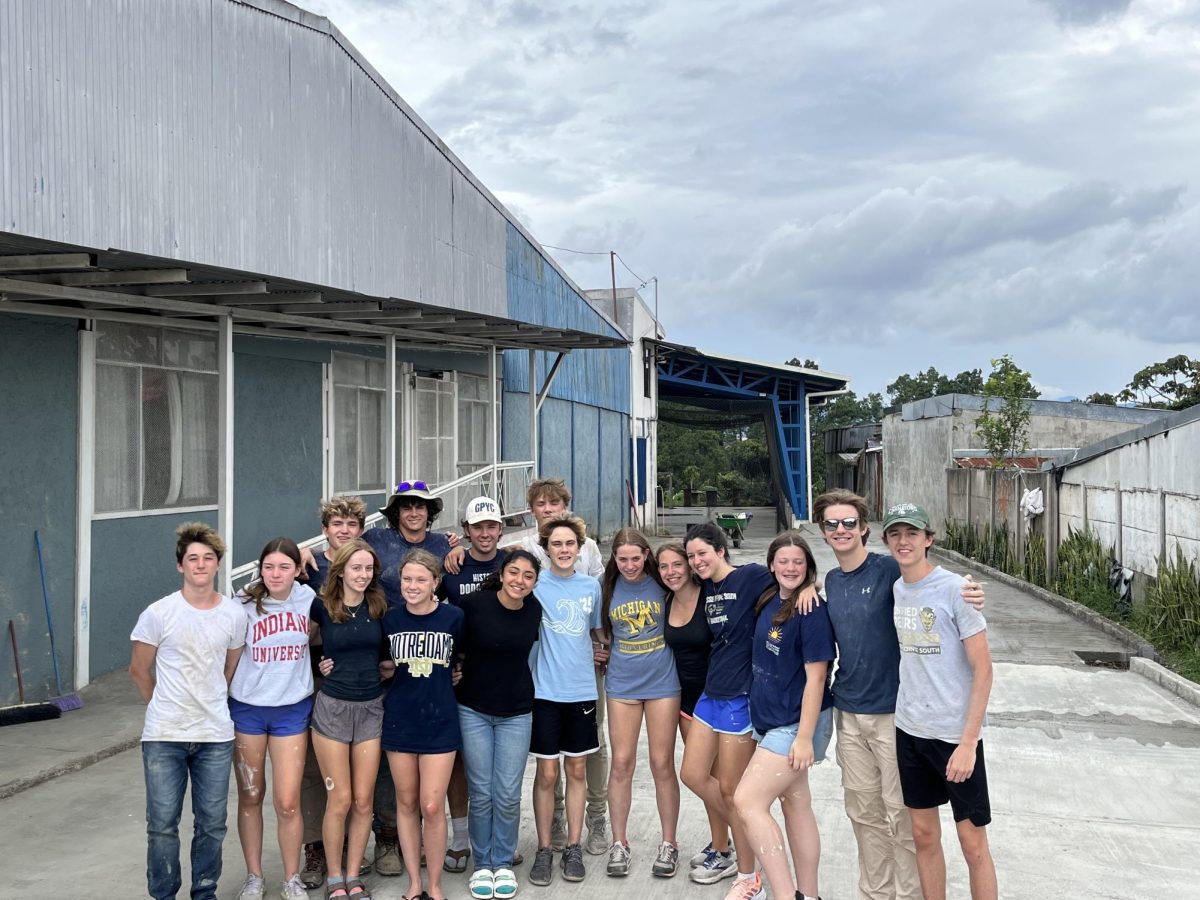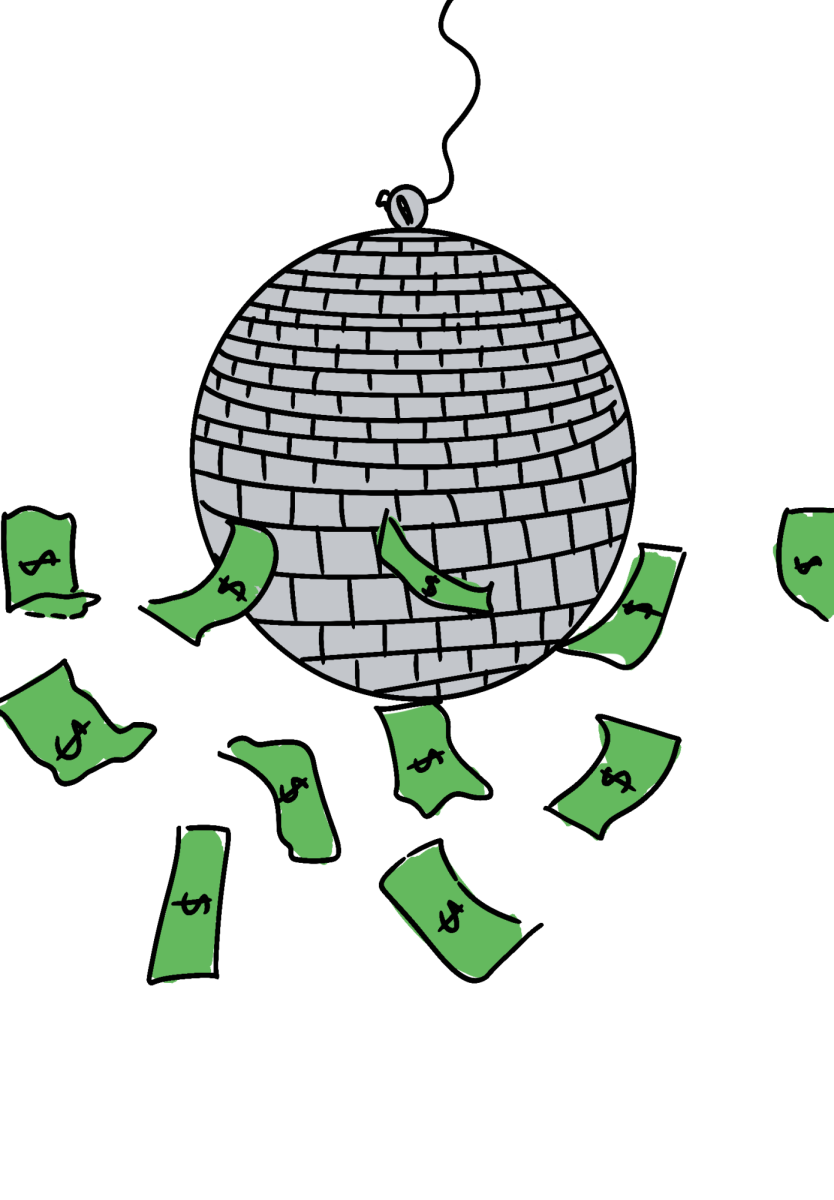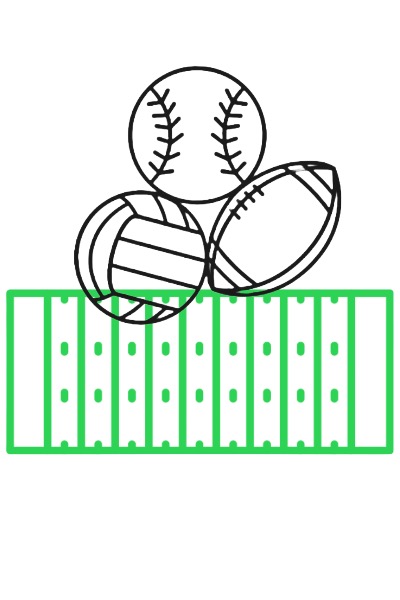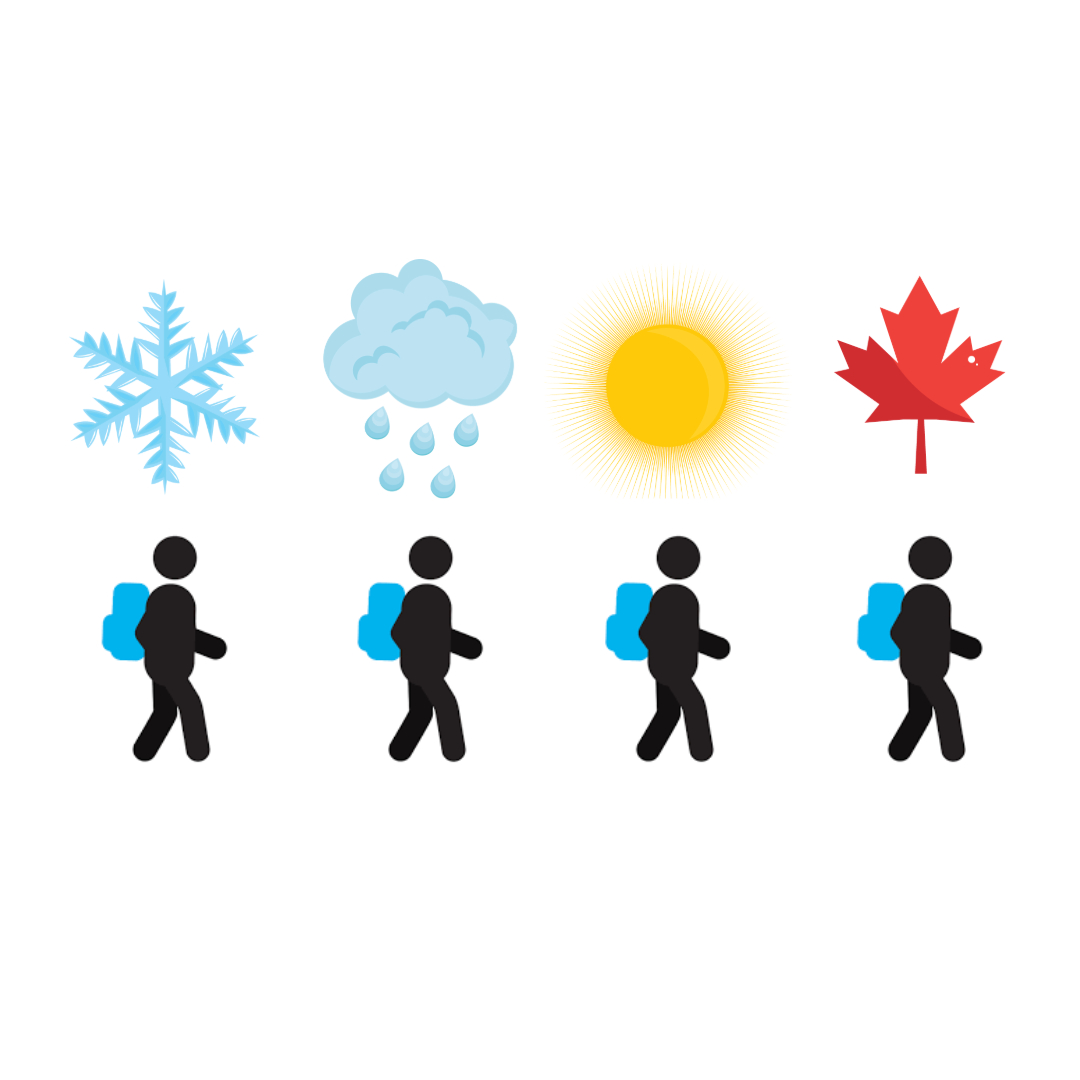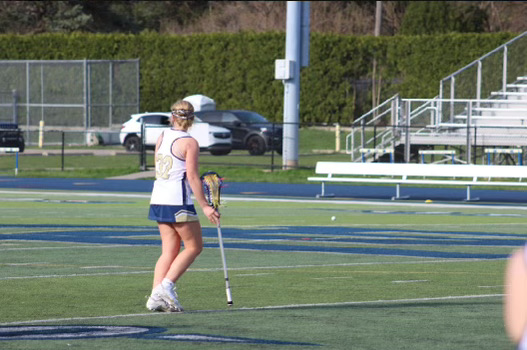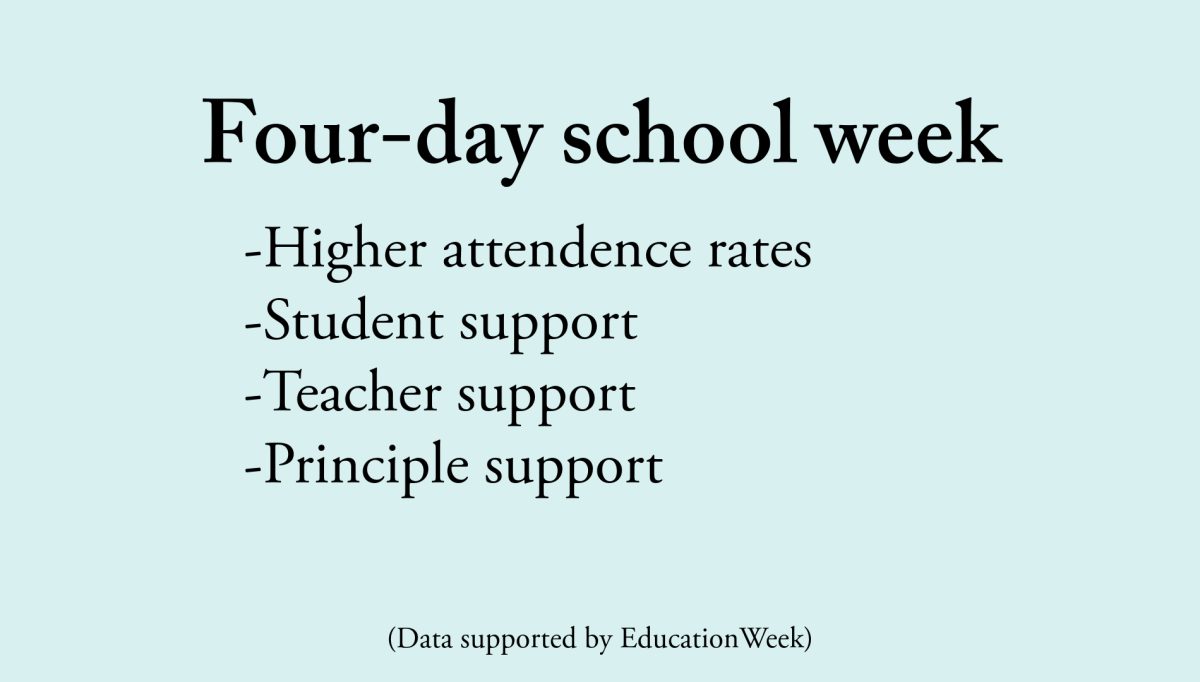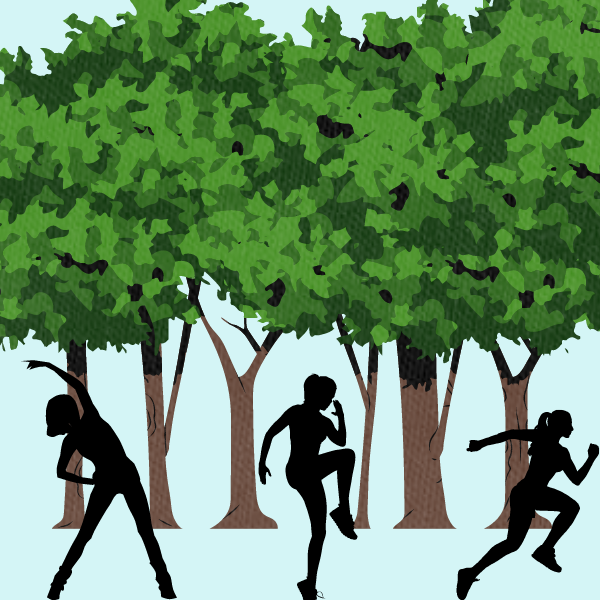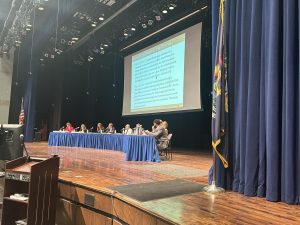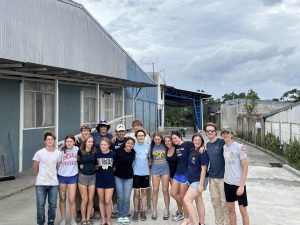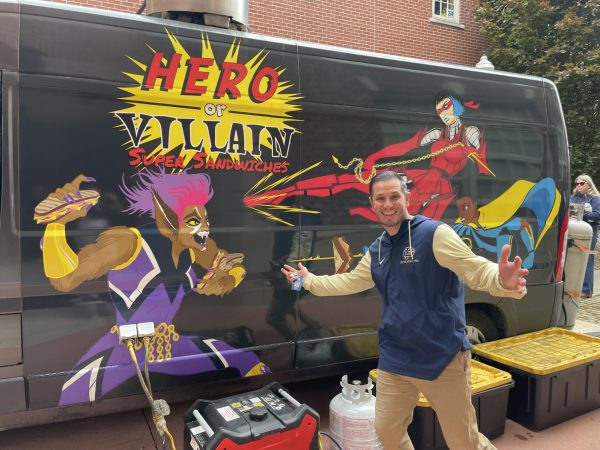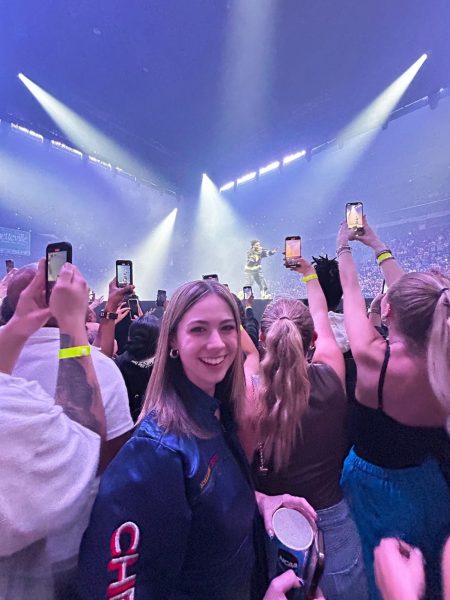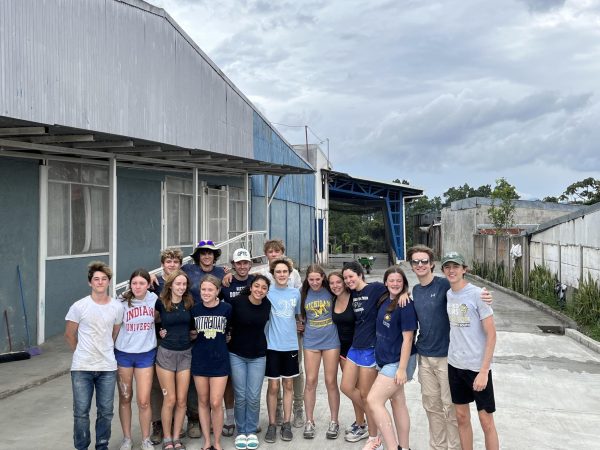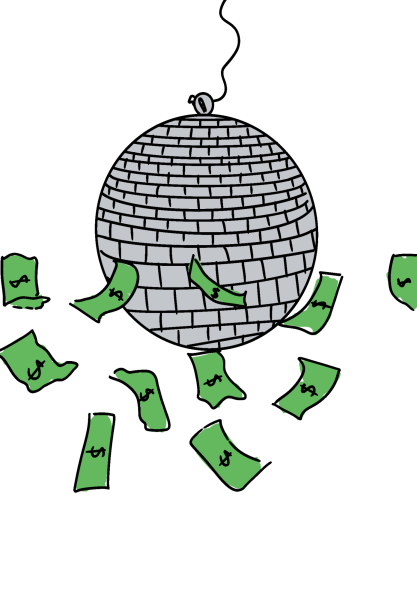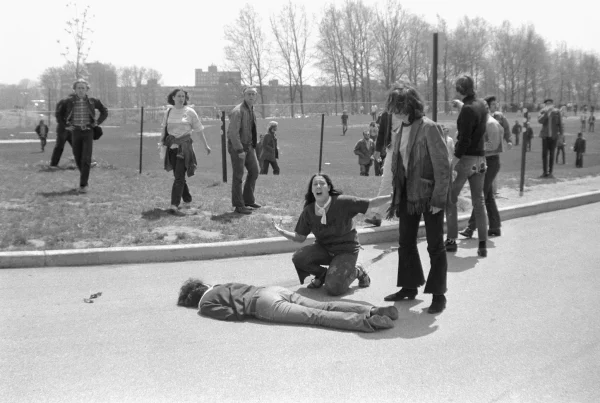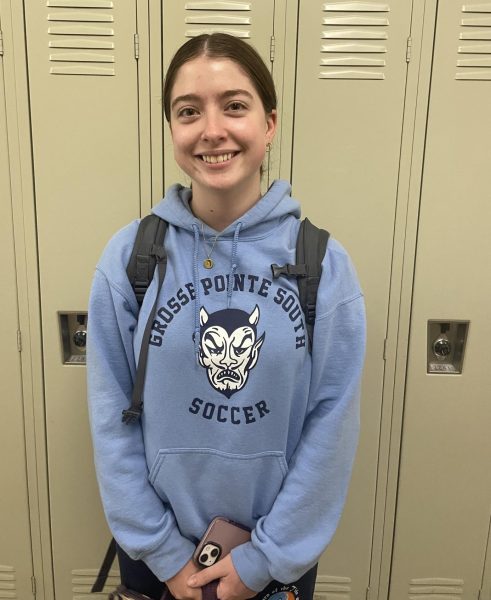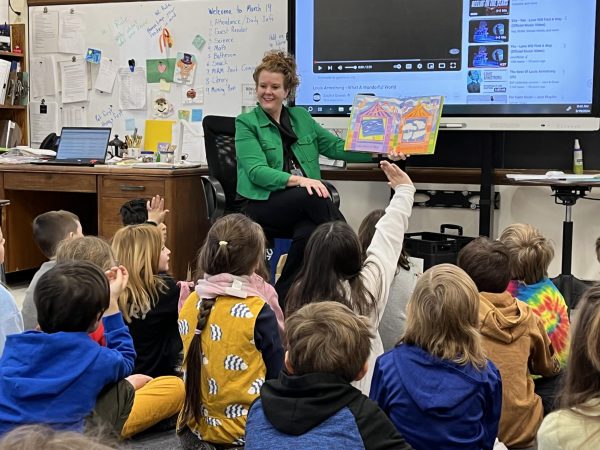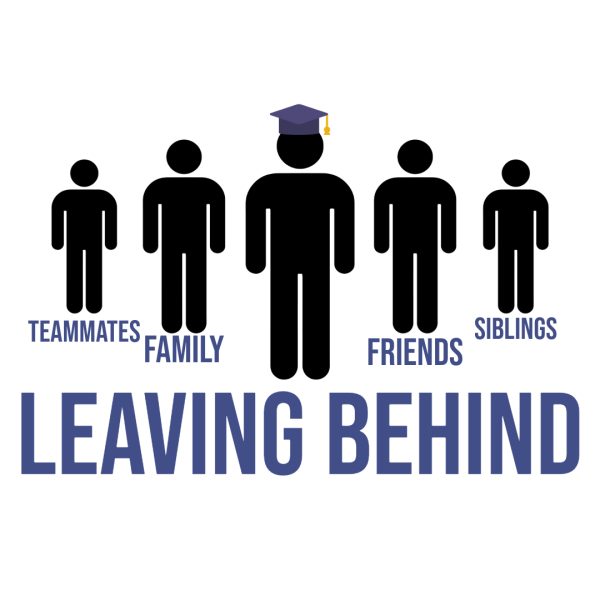Don’t push your luck; cheating expands after COVID-19
March 2, 2023

Covid broke apart public education into a fractured online system that wasn’t truly prepared at first for the masses of students that would utilize it. After just weeks, school went from interactive to muted with cameras off. Class was taken in bedrooms where attention was partially given, yet tests still resumed. However with this new environment brought new advantages for students to take when it came to passing classes. Around the world, schools found an increase of academic dishonesty. The University of Waterloo in Belgium reported an increase of 146% cheating cases and the University of Calgary in Canada reported a 269 percent increase.
Amy Ezop ’25, thinks cheating did increase after Covid just because of the opportunity.
“I think [cheating] got worse after Covid because it was easier to do online with teachers not in the room and I guess it’s carried over to now,” Ezop said.
Generally there are some common reasons that students find themselves on the path to cheating- fear of underperforming, anxiety, and fulfilling expectations.
“The incentive and opportunity are there and more and more people are gonna use it if they feel stressed,” Ezop said.
On the other side of the coin, department chair of English at Olivet College, Kirk Kraetzer believes that there are far worse problems to deal with from Covid besides cheating.
“Emotional resilience is lower, and knowledge sets and skill sets coming into college are lessened from what they were in 2019,” Kraetzer said. “We all know why, but it doesn’t change the fact that students struggle more with college and aren’t as well trained as the previous groups to come through.”
Cheating is no longer just writing words on your arm under a sweater, or looking at someone else’s paper. As a media-immersed generation we have always been able to find any information with the literal click of a button and now students are taking advantage of this information availability. Kraetzer continues by saying that he can see through websites like ChatGPT- due to vagueness surrounding details, lack of prompt specification, and inconsistencies within grammar and other verbage- and that he isn’t worried about students turning to it for written work in part because of his own personal grading system.
“Moving to “un-grading” is something that I am doing more and more, so the pressure to get an A goes away,” Kraetzer said. “In an un-grading system, it doesn’t matter if you use an AI on your first version, because I’m going to blow a hole in it and make you revise and edit dozens of elements, and then I’ll do that two more times. By the time you’ve met my expectations for satisfactory work, let alone excellent work, that paper’s yours, no matter where it started out.”
When it comes to conversing and encouraging his students to stick to their own voice, Kraetzer takes on the responsibility to be a part of the conversation but sticks with “Cheaters gonna cheat. I can’t stop them, only catch them.”
Ezop agrees with that statement and believes that people will do what they choose despite teachers warnings against it, but some words from her teachers sway her to rely on her own mind.
“I think what Mr. Adams said is probably the best thing I’ve heard, ‘It’s up to you if you cheat’ because that really promotes individual thought and better ethics,” Ezop said.

